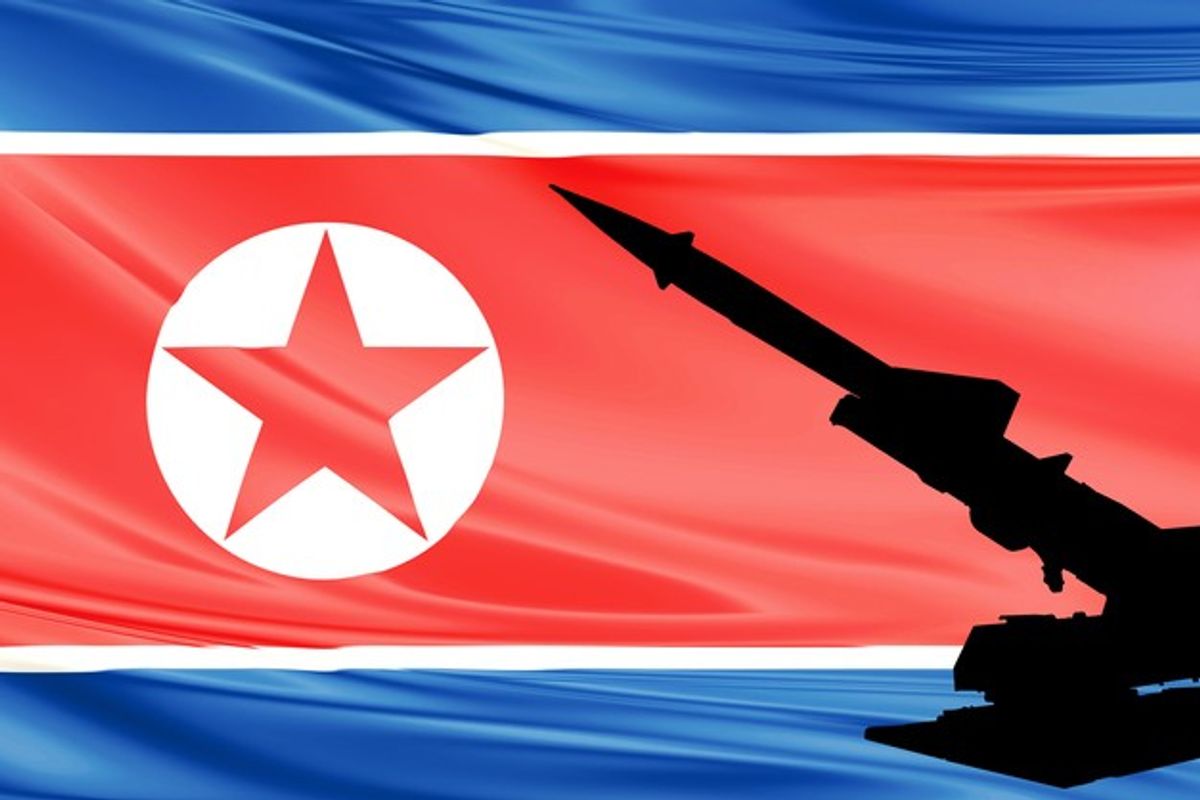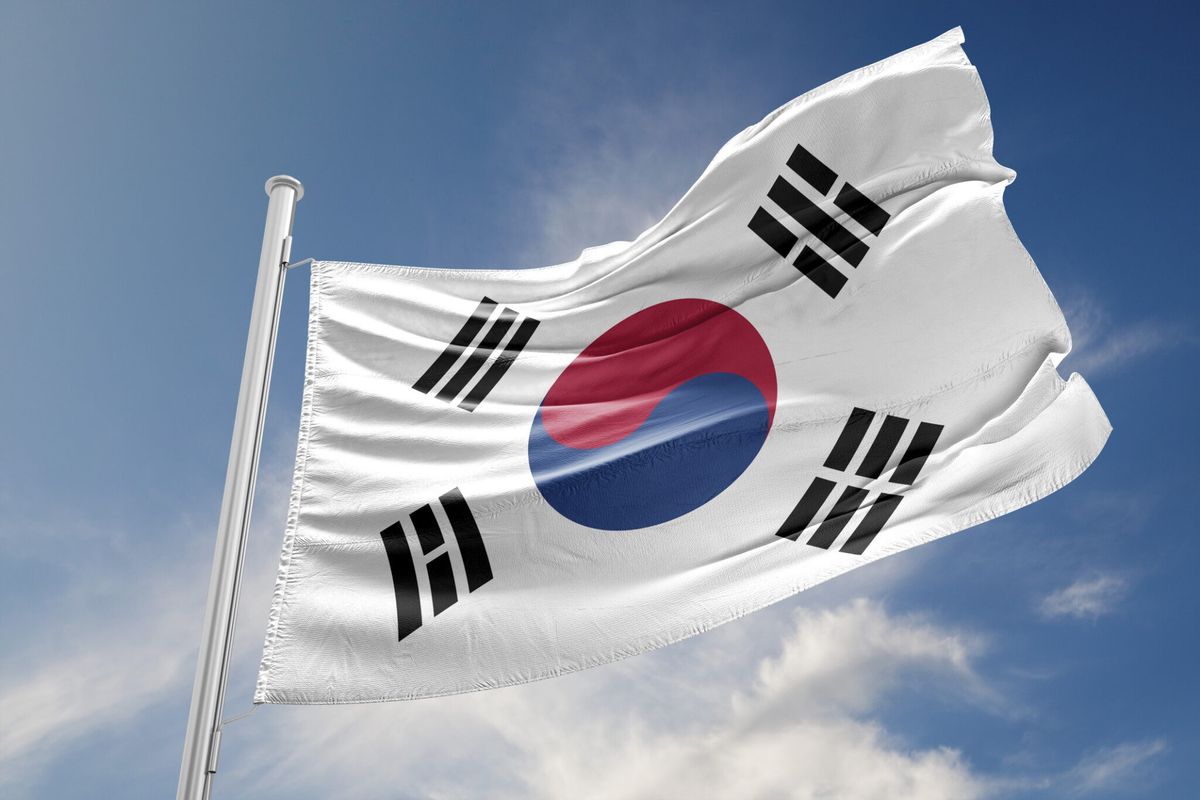South Korea’s National Assembly voted to impeach President Park Geun-hye Dec. 9. Since then, Park has been suspended from power and the nation is waiting on a Constitutional Court ruling finalizing the impeachment process, to reinstate or permanently remove Park from office.
Among other things, perhaps what troubles South Koreans most is the drastic uncertainty ahead. Most importantly, it is hard to predict how the Constitutional Court would rule on the case. It may be that there is a fair chance the court will rule against the impeachment, since the court’s ideological make-up of the Court became quite conservative (with three recent appointments of the justices by Park herself) and given that impeachment requires a supermajority of six or more of the nine justices.
Yet, some believe the court cannot ignore the public opinion, shown by the size and intensity of the rallies that easily attracted millions of people on the downtown streets of Seoul on Saturdays over the last couple of months. At least, the rallies succeeded in putting pressure on the National Assembly to vote for the impeachment with many more than the required supermajority of votes.
Another source of uncertainty is on the political calendar. If the court rules for the impeachment, a by-election must occur under law within 60 days to choose the next president. Without any transition period, the president-elect would be sworn into the office the day after being declared the winner of the election. If the court rules against the impeachment, Park will return to office to what is left of her presidency, in which case the election is scheduled to take place in December. In short, we know there will be an election this year but we do not know when.
Then, of course, we do not know who the next president will be. This is always an uncertainty in a democracy, but the issue is not just about the candidates but more about the party system itself. Understandably, the ruling Saenuri Party, which represents the conservative voters, is imploding while opposing parties, such as the Democratic Party and the Peoples’ Party, seem to be in better shape.
None of the conservative parties or groups as yet have a viable presidential candidate, which could lead to a candidacy by Ban Ki-moon, who seems to be looking for a new job after his 10 years as UN secretary general. He has consistently shown some strong poll numbers as a presidential candidate in recent years, and almost all the parties or groups in the middle or right of the ideological spectrum seem to be considering putting him on their tickets.
The dilemma with Ban is that his popularity is based upon the assumption that he is an “outsider,” and people know very little of his politics. As he returns to the country and enters the political arena, South Koreans might learn more about him as a politician and his numbers may drop. For exactly the same reason, it is difficult to forecast what his policies would be like: yet it is reasonable to assume that there will be fewer changes to current policies. Judging from his first week back in South Korea, his positions on foreign policy and some domestic social issues sound much closer to traditional conservatives in South Korea.
The national mood is with the Democratic Party, with by far the highest support in national polls, while the Saenuri Party is suffering from the public wrath over Park. Moon Jae-in of the Democratic Party, who lost the presidential election to Park in 2012, is showing very strong numbers in the polls and is leading the field. Some would even argue that the election is for him to lose, and that an early election will benefit him most. There are other candidates such as Lee Jae-myung whose popularity rose sharply recently, but will face a tall task of getting the party nomination. In any case, when the election takes place or when the impeachment ruling comes down will matter.
If Moon, or any opposition party candidate wins, we may expect to see some serious changes or repeals on a wide variety of policies, or at least a close examination of Park Administration decisions. Of course, this will depend on whether the court upholds the impeachment, how current parties divide and merge to shape a new party system, and on what sorts of political coordination or coalitions take place.
Some things, however, are clear. South Koreans learned during the rallies that many of their fellow citizens agree that South Korean statism from the past century that attempts to discipline the civil society cannot be tolerated any longer and that such a government should be thrown away. The death of Baek Nam-ki, a farmer killed by a police water cannon during a protest and the black listing of more than nine thousand artists mark a sharp decline in civil rights and freedom of speech in South Korea during the Park presidency. For now, South Korean citizens have succeeded in suspending the presidency by getting the legislature to listen to them; they can smell some serious changes are imminent as well, either in the Constitutional Court or in the next election.










